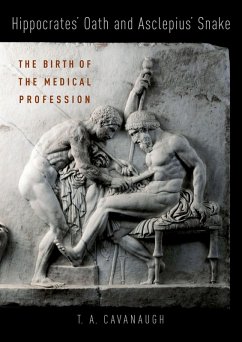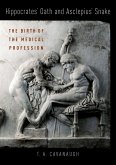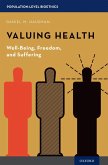T. A. Cavanaugh's
Hippocrates' Oath and Asclepius' Snake: The Birth of the Medical Profession articulates the
Oath as establishing the medical profession's unique internal medical ethic - in its most basic and least controvertible form, this ethic mandates that physicians help and not harm the sick. Relying on Greek myth, drama, and medical experience (e.g., homeopathy), the book shows how this medical ethic arose from reflection on the most vexing medical-ethical problem -- injury caused by a physician -- and argues that deliberate iatrogenic harm, especially the harm of a doctor choosing to kill (physician assisted suicide, euthanasia, abortion, and involvement in capital punishment), amounts to an abandonment of medicine as an exclusively therapeutic profession. The book argues that medicine as a profession necessarily involves stating before others what one stands for: the good one seeks and the bad one seeks to avoid on behalf of the sick, and rejects the view that medicine is purely a technique lacking its own unique internal ethic. It concludes noting that medical promising (as found in the White Coat Ceremony through which U. S. medical students matriculate) implicates medical autonomy which in turn merits respect, including honoring professional conscientious objections.
Dieser Download kann aus rechtlichen Gründen nur mit Rechnungsadresse in A, B, BG, CY, CZ, D, DK, EW, E, FIN, F, GR, HR, H, IRL, I, LT, L, LR, M, NL, PL, P, R, S, SLO, SK ausgeliefert werden.









